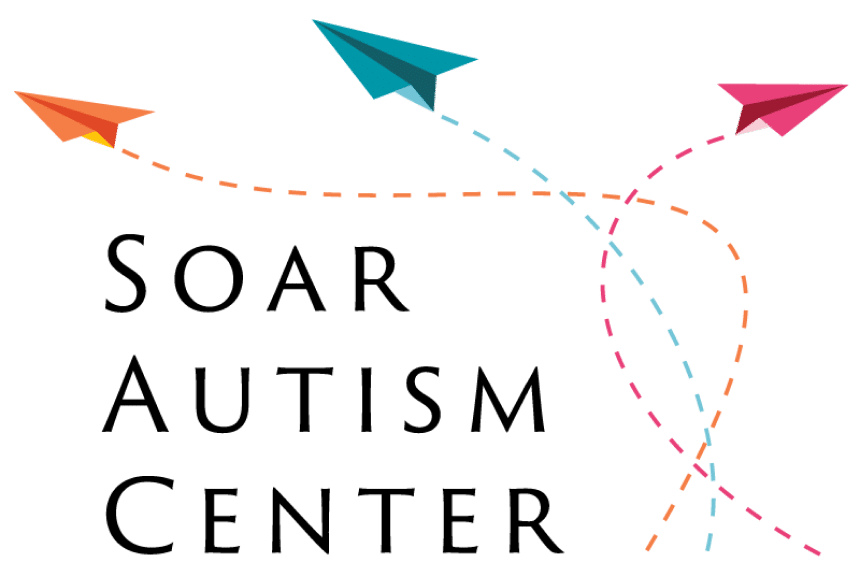How do I get my child an evaluation for autism?
If you are concerned that your child may have autism or a healthcare professional has suggested it, a specialized provider is required to establish a diagnosis. This step is done by an MD- or PhD-level clinician with specialized training in autism spectrum disorder.
Your pediatrician should be able to offer a list of local providers that evaluate children for autism spectrum disorder. We also offer this service to families at Soar Autism Center.
Many providers may have waiting lists for diagnostic assessments or therapy. Thus, if you are debating whether to pursue a diagnostic assessment for your child, it may be helpful to put their name on a waiting list, as you may need to wait for a provider once you make that decision.
What happens in an autism assessment?
Overall, a diagnostic evaluation by a specialized clinician should accomplish all of the following:
- Determine whether your child meets the diagnostic criteria for autism spectrum disorder (ASD), as well as the associated level of severity of ASD
- Identify their strengths and needs to develop a treatment plan
- Identify whether your child has a co-occurring condition with ASD
For the diagnostic evaluation, the clinician will probably administer a standardized assessment in combination with their independent judgment. The specific assessment will vary depending on the clinician, but examples in the US include the Autism Diagnostic Observation Schedule – 2nd edition (ADOS-2), Autism Diagnostic Interview-Revised (ADI-R), Childhood Autism Rating Scale – 2nd edition (CARS-2), and Gilliam Autism Rating Scale (GARS).
The clinician may supplement with other tests such as a speech and language assessment. If it’s indicated, the clinician may also evaluate your child for conditions that can be associated with autism spectrum disorder via genetic testing (e.g., chromosomal microarray, often referred to as CMA) or other options.






